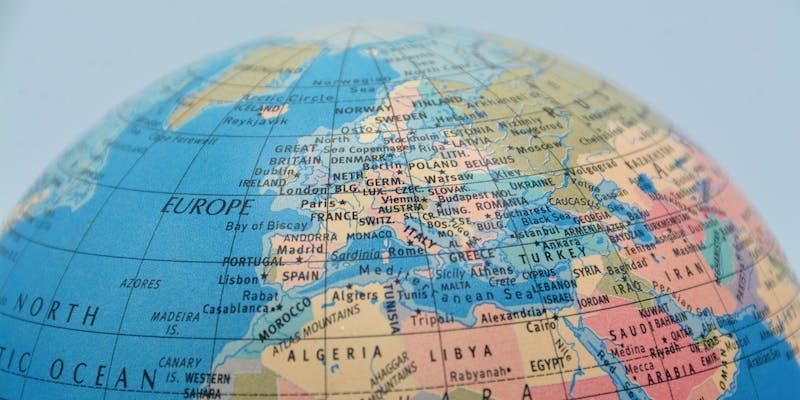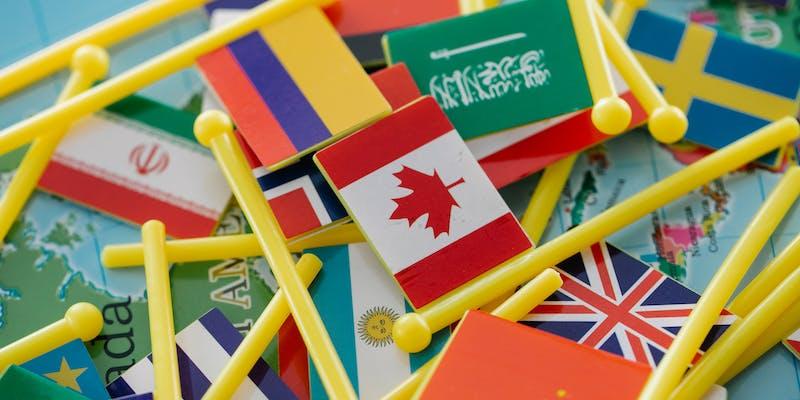Most-Favored Nations Clause: Principles of Equal Treatment and Application
Jan 04, 2024 By Susan Kelly
Most Favored Nation (MFN) is an important principle of international trade agreements. This policy calls for the same trade benefits that a country extends to one partner to be extended to all its trading partners. Equal treatment for everyone has been a foundation of commercial relations since ancient times and is a significant component of the WTO. Most favored nations now have permanent normal commercial ties thanks to American trade policy. This change in terminology clarifies that this status does not imply any special preference but standardizes trade relations.
Regional trade agreements like NAFTA, which became USMCA, have made MFN status the standard for imports without tariff exclusions. Commercial law also applies this notion to ensure consumer equality. Non-discriminatory trading practices underpin MFN status in international commerce. If a WTO member reduces tariffs on a product from one trade partner, it must offer the same rate to all other members.
It should be pointed out that MFN status does not require reciprocal trade concessions. Although countries that enjoy reduced tariffs under MFN don’t need to reduce their own in return, reciprocal arrangements can be included in broad trade agreements. Many WTO exceptions to the MFN concept exist. Member nations get MFN status from the WTO. The MFN rule, freer trade, predictable trade policies, fairness in trade partnerships, and economic growth and reform are WTO ideals for its members.
Key Principles of the World Trade Organization

Most Favored Nation Status
The Most Favored Nation (MFN) principle lies at the World Trade Organization's (WTO) core. This ensures that every member country is treated equally regarding trade benefits. The notable exceptions to this rule include developing countries and members of regional trade areas or customs unions, which may receive different treatment under specific conditions.
National Treatment
WTO members may apply customs charges or tariffs on imported goods and services, but once they cross the border, they must be treated like local commodities. Domestic and foreign goods should be taxed equally in the market. If there's a discrepancy, that would violate the trade agreement.
Promoting Free Trade
If a country joins the WTO, it has declared its intention to expand participation in international commerce. This is no easy task for smaller and emerging economies in a world dominated by established economic powers. One goal of the WTO is to help these countries get into a position where they can enter the world market on equal terms, bringing down trade barriers.
Predictability in Trade
Economic, political, and geographical factors can change the country's market. Trade is also flexible: WTO members can change trade rules but must negotiate. This approach ensures market stability and provides a platform for members to address any disadvantages arising from these changes.
Ensuring Fairness
The WTO champions fair trade over free trade. While tariffs and protective measures are permissible, they must be applied fairly. The organization advocates for practices that do not intentionally harm other members' market positions.
Fostering Economic Development
A key focus of the WTO is supporting the growth of developing economies. These countries enjoy preferential treatment, which is not necessarily reciprocal, to aid their economic expansion.
Advantages and Disadvantages of Most Favored Nation Status
Advantages
1. Expanding Market Access
Access to a larger market presents a significant opportunity for a country's industries. This expansion helps businesses hone their products and services to suit a burgeoning market, which spurs growth. With rising demand comes increased scale, which provides their economies of scale. Export capabilities become even stronger, and the economy grows as a result.
2. Streamlining Export Costs
The uniformity in tariffs and customs procedures under this status simplifies the export process. Businesses can reduce administrative burdens and costs associated with exports by eliminating the need to navigate different tariff structures for each importing country.
3. Boosting Competitiveness
The most favored nations clause plays a role in mitigating the adverse effects of trade protectionism. While domestic industries might initially resist losing their protected status, this challenge can spur them to become more robust and competitive in the global market.
Disadvantages
1. Uniform Benefits Across Members
A potential downside of the MFN status is the obligation for a country to extend the same trade benefits to all other members within the trade agreement or the WTO. This can sometimes lead to complex trade dynamics and may not always align with national interests.
2. Vulnerability to Unfair Trade Practices
Countries may engage in practices like subsidizing their domestic industries, leading to artificially low export prices, a phenomenon known as dumping. This can create unfair competition and potentially bring a country into conflict with WTO regulations.
3. High Tariffs Faced by Developing Countries
Despite the principles of the MFN, developing countries have often reported encountering high tariffs, especially on products like fish, textiles, and clothing. These so-called 'tariff peaks' are formidable entry barriers to the world market, showing a deficiency in today's trade architecture.
U.S. Trade Most Favored Nation Clause

The MFN clause remains the most important aspect of the altered nature of U.S. business ties. Histories were rewritten in 1974 by an amendment to the Jackson-Vanik Trade Act. The purpose of this amendment evolved. As a result of a sea shift in U.S.-China and U.S.-Vietnam economic ties, it was abolished in 2002 for China and in 2006 for Vietnam. The passing of the Magnitsky Act in 2012 was another watershed moment; it effectively lifted these trade sanctions on Russia. WTO regulations now require the United States and Russia to normalize their trade ties.
Current Status in Other Countries
These changes notwithstanding, the Jackson-Vanik modification is still relevant for several countries. It continues with annual reviews and presidential waivers for such nations as Uzbekistan, Azerbaijan, Kazakhstan, Turkmeni, Belarus, and Tajikistan. North Korea and Cuba are notable exceptions in today's U.S. trade scene.
A WTO tribunal concluded in 2020 that the Trump administration's discriminatory import taxes on $20O billion in Chinese products breached WTO regulations. This verdict simplified international commerce compliance. The loss of MFN status was felt in March 2022. As part of Western sanctions, ending permanent normal commercial relations with Russia would boost import charges on Russian titanium items supplied to the U.S. from 15% to 45%, according to the Congressional Research Service. On last year's export values, this increase is $32. This instance also shows how MFN status changes affect international commerce.








